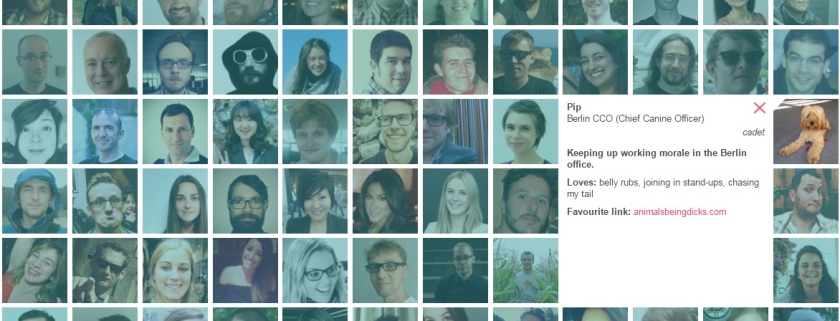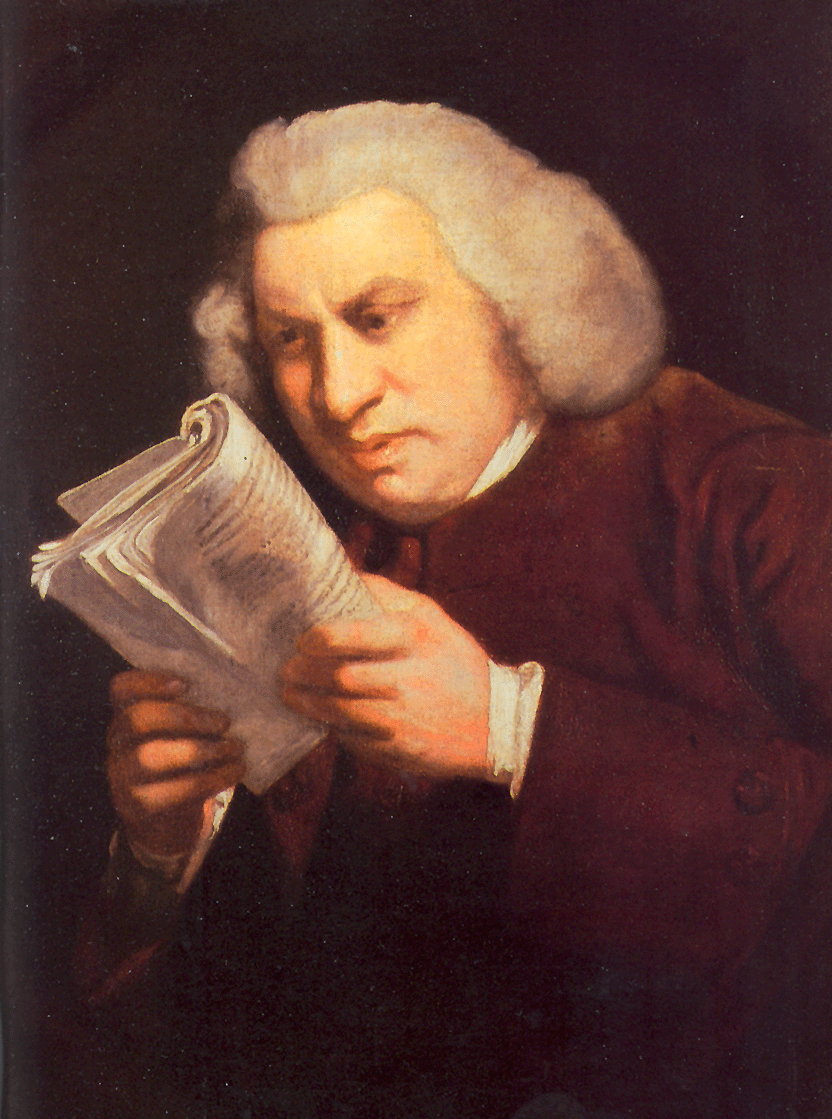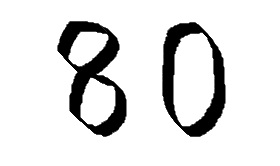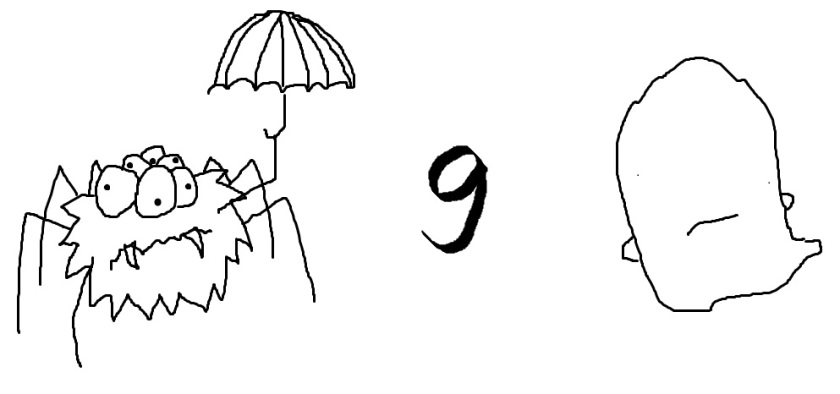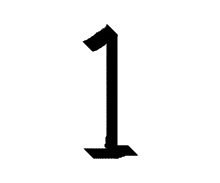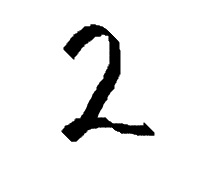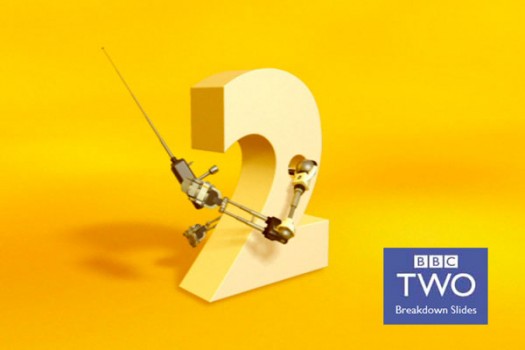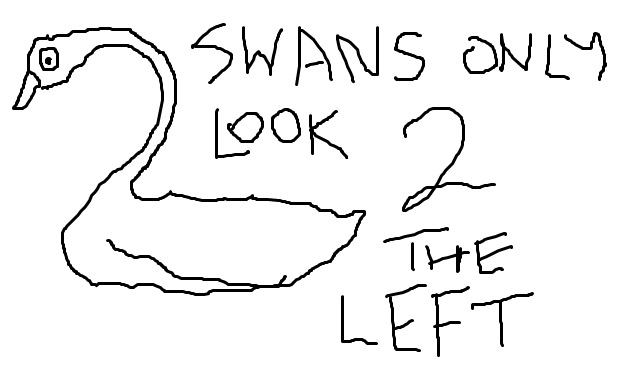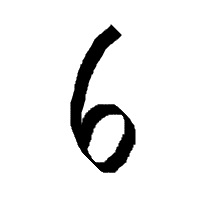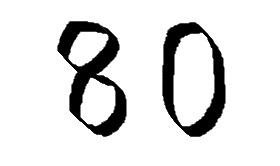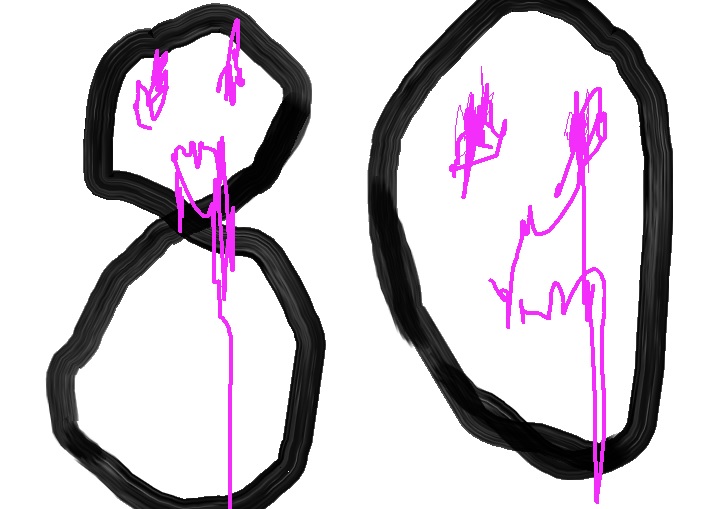I’ve often daydreamed about being sent to prison. I’ve had many an argument in the shower with a scheming prosecutor, or an outraged judge, protesting my innocence and damning the hypocrisy of a system of so-called justice that could send me down for what is, after all, only an imagined crime.
But my protestations are only half-hearted, more rhetorical, for really I am not so worried about life in prison. I’m aware that life in prison isn’t as rosy as I would like to imagine (more keenly aware if I’m still in the shower at this point in my reverie), but I’ve often joked that my retirement plan, in an era of increasing retirement ages, an ageing population, and a bankrupt welfare state – is to start robbing banks: either until I gain enough money on which to live comfortably, or until I am sent to prison, and provided free of charge with a roof, three meals a day, medical care, and, of course, books.
The prison library trolley! That I think is where my daydream really leads me. The idea that, with no tuition fees or student accommodation expenses, I can devote the rest of my life to study, self-education and (necessarily) sober self-improvement, is a happy alternative to the reality of stressful jobs, long work hours, a cost of living crisis, and the frantic (though decidedly un-sober) leisure time that consumer culture has told us is the antidote to it. Though I live in London I’ve never minded the commute that much. My time on the underground, though cramped and sweaty, is strangely one of the most relaxing times of the day, and the time when I complete the vast majority of my leisure reading, safely uncontactable, secluded as it is from the real world, work emails and social media. The train is like a prison, and like a prison, the only real problem is the company. Otherwise it provides the seclusion needed for reading, reflection and self-development.
A stint in prison is always a transformative period for the heroes of literature – the Count of Monte Cristo, Hannibal Lecter – a place where, in obligatory isolation from the quotidian, they can hone their skills, their memory, and prepare for an explosive return to conquer the real world, when the time is right. The real world provides precious little time to allow one to recover from it, or to prepare a defence from it, let alone a decisive retaliation.
If it weren’t for the fact that our broken society uses prison as a holding pen for the hopeless, the illiterate, the mentally ill, and the most violent men (for whom the impotence our hierarchical system leads them to feel in their own broken lives compels them to vent their thwarted masculinity in physical domination of others); then what palaces of learning could they become. With their cloistered cells, enforced sobriety, and deprivation of all leisure activity save that which the state deems morally acceptable, they could be the modern equivalent of a Medieval monastery, or a state-sponsored university free of hangovers.
Alas, this cannot be, as I know only too well. For, even from the exaggeratedly pompous idiolect of this article, one could discern that such a vision is wholly detached from the political and social reality of the prison system. It is a system from which its original aim (to securely hold criminals before they receive a firmer punishment, such as execution or transportation) has become completely alienated from its current reality : a vat in which to stockpile the problematic human side-product of consumer capitalist society, with the clearly tagged-on delusion that this will somehow deter the desperate from acting out of desperation, or once inside, somehow reform them from being desperate. It can at least be said of my own delusion that after I get out of the shower, I’ll actually work.



